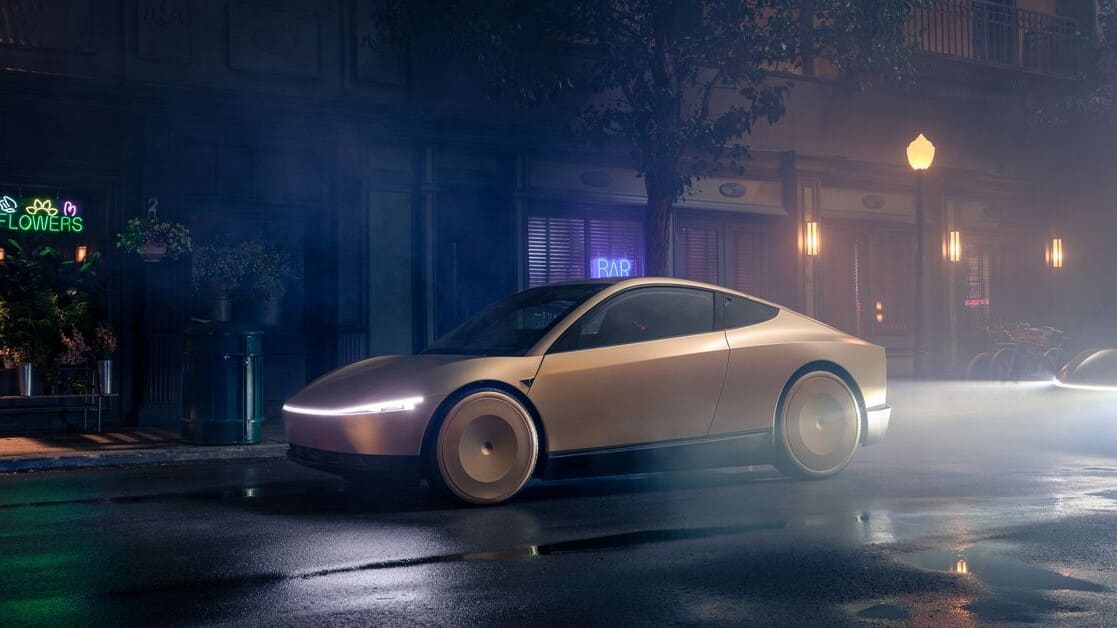
Tesla unveils Cybercab, a $30,000 robotaxi with no steering wheel
What's the story
Tesla CEO Elon Musk has revealed the company's latest innovation - the Cybercab.
The one-of-a-kind electric vehicle has been designed specifically for autonomous driving and doesn't even come with a steering wheel or pedals.
It sports a futuristic design with butterfly-wing doors and a compact cabin that can accommodate two passengers.
However, it needs regulatory approval before it can be mass-produced due to its unconventional features.
Advanced technology
Cybercab's charging and safety features
The Cybercab, as Musk noted, will employ inductive charging for restoring power wirelessly.
He also stressed that autonomous cars could be 10-20 times safer than the ones driven by humans.
The travel cost in these self-driving vehicles could be as low as $0.20 per mile, a major drop from the usual $1 per mile charged by city busses.
Future prospects
Tesla's plans for autonomous driving and Cybercab production
Tesla aims to launch fully autonomous driving in Texas and California next year, with Cybercab production slated for 2026 or maybe 2027.
Musk also spoke about the development of Optimus robot, which will cost between $20,000-$30,000 and perform a range of tasks.
He said this is a major development that will save many lives and prevent injuries.
Public unveiling
Cybercab prototype showcased at 'We, Robot' event
The prototype of the robotaxi was demonstrated at Tesla's "We, Robot" event on the Warner Bros. film lot in Burbank, California.
The location was selected for its many non-public roads perfect for such demonstrations.
Even though Tesla claims it doesn't depend on high-definition maps for its Full Self-Driving (FSD) driver-assist feature, the company had been mapping the area ahead of this demonstration.
Strategic shift
Musk's vision for Tesla and market expectations
Musk is taking Tesla away from its traditional focus of manufacturing and selling electric vehicles, toward a business model focused on robots and artificial intelligence.
The move comes as Tesla's market cap is equal to nearly all other global automakers' value combined.
A lot of the company's stock price is based on Musk's long-standing promise to revolutionize autonomy with a truly self-driving vehicle.